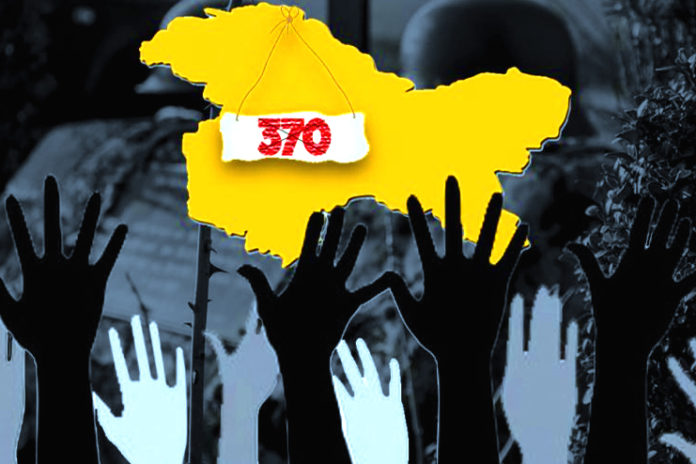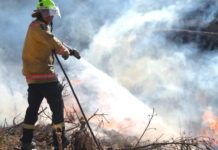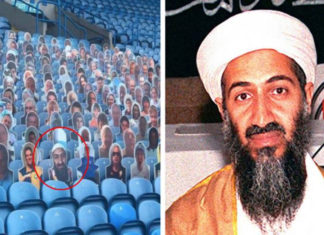In yet another statement on India’s decision to revoke special status to Jammu and Kashmir, a member of European Parliament has said the abrogation of Article 370 will help in eliminating several terrorist organizations operating in Kashmir.
Noting that such terrorist groups are spreading violence in the valley and Pakistan occupied Kashmir, MEP Tomas Zdechovsky in his article published in the European Parliament’s monthly newspaper EP Today said: “In its fight against terrorism, and against acts of violence in Kashmir and also in India by Pakistani based terrorists and armed groups, Prime Minister of India, Narendra Modi had to act.”
MEP said that the choice of action, whilst harsh and direct, was criticized by many who failed to understand his motive.
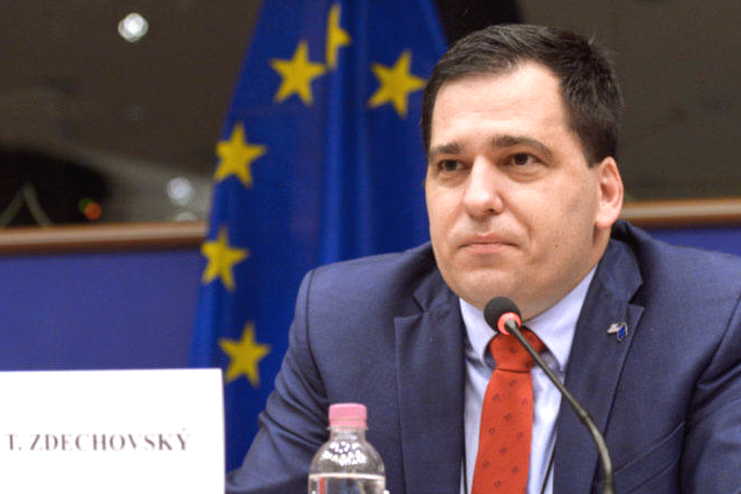
During local elections in October 2018, these armed groups were threatening Kashmiris who were attempting to take part in elections and warned of “dire consequences” if those running for elections did not straight off withdraw their nomination papers.
“While armed forces have sporadically threatened political workers in previous elections, the number of attacks in 2018 is among the highest in recent times,” said Tomas.
Pakistan-based armed groups have also been accused of harassing and threatening nationalist and pro-independence political workers in PoK.
“India blamed Pakistan for continuing to support the group’s activities. Pakistan Foreign Minister Shah Mehmood Qureshi confirmed to an international news organisation that JeM founder Mohammad Masood Azhar was present in Pakistan,” the article read.
In August early this year, an unknown armed group attacked and burned down at least 12 schools in Gilgit-Baltistan’s Diamer district.
On February 14, 2019, a Pakistan-based terrorist group Jaish-e-Mohammed (JeM) carried out suicide bombing targetting the Indian security forces in Pulwama.
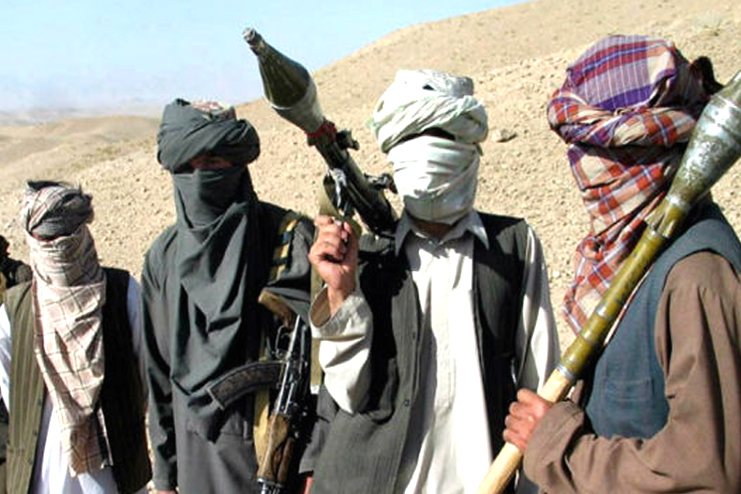
According to a report by the United Nations High Commissioner for Human Rights, a variety of armed groups since the late 1980s have been operating in Jammu and Kashmir actively and there has been documented evidence of these groups committing a wide range of human rights abuses, including kidnappings, killings of civilians, and sexual violence.
The UN report said: “while in the 1990s there were reportedly over a dozen armed groups operating in Kashmir, in recent years, four major armed groups are believed to be operational in this region: Lashkar-e-Tayyiba, Jaish-e-Mohammed, Hizbul Mujahideen and Harakat Ul-Mujahidin. All four are believed to be based in Pakistan-Administered Kashmir.”
The MEP said in his article, “In its fight against terrorism, and against acts of violence in Kashmir and also in India by Pakistani based terrorists and armed groups, Prime Minister of India, Narendra Modi had to act. His choice of action, whilst harsh and direct, was criticized by many who failed to understand his motive. On August 5, this year, PM Modi revoked Article 370 through a Presidential Order and the passage of a resolution in Parliament.
“The removal, temporarily or permanently of these articles, should be seen as a global stance against terrorist activities, where today terrorists exploit the principles of democracy, freedom of speech and human rights practised by the majority, whilst at the same time imposing fear, violence and killings as justification for their causes.”
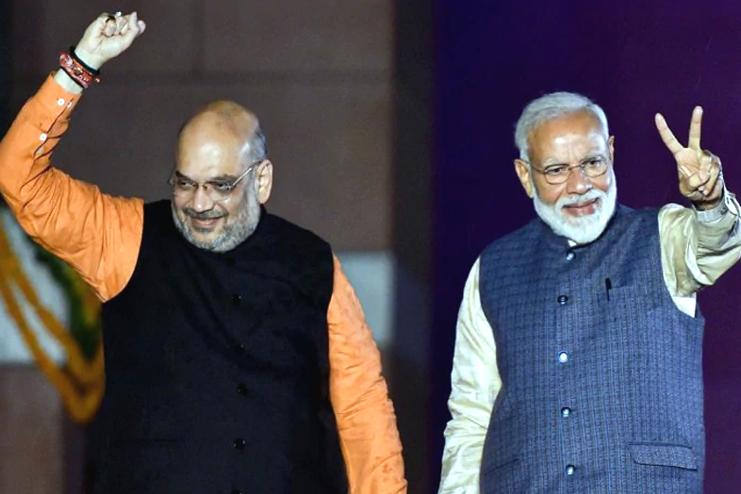
Article 370 of the Indian constitution gave special status to Jammu and Kashmir that allowed the state to have a separate constitution, a flag, and autonomy over the internal administration of the state.



































